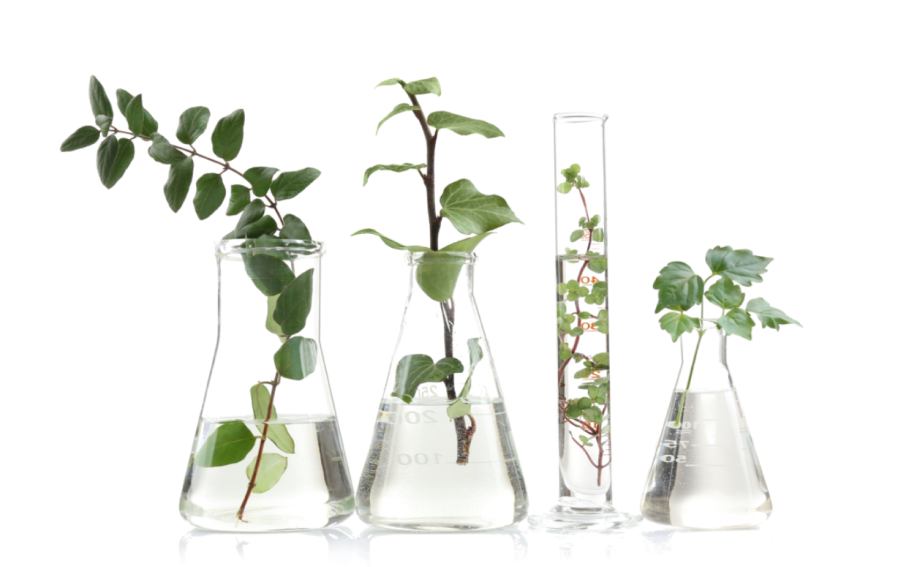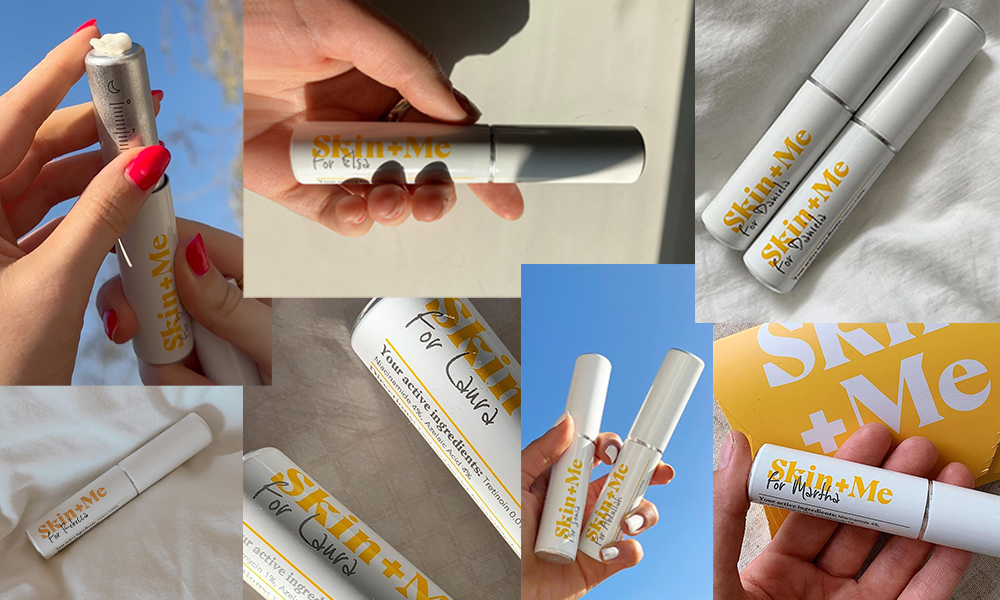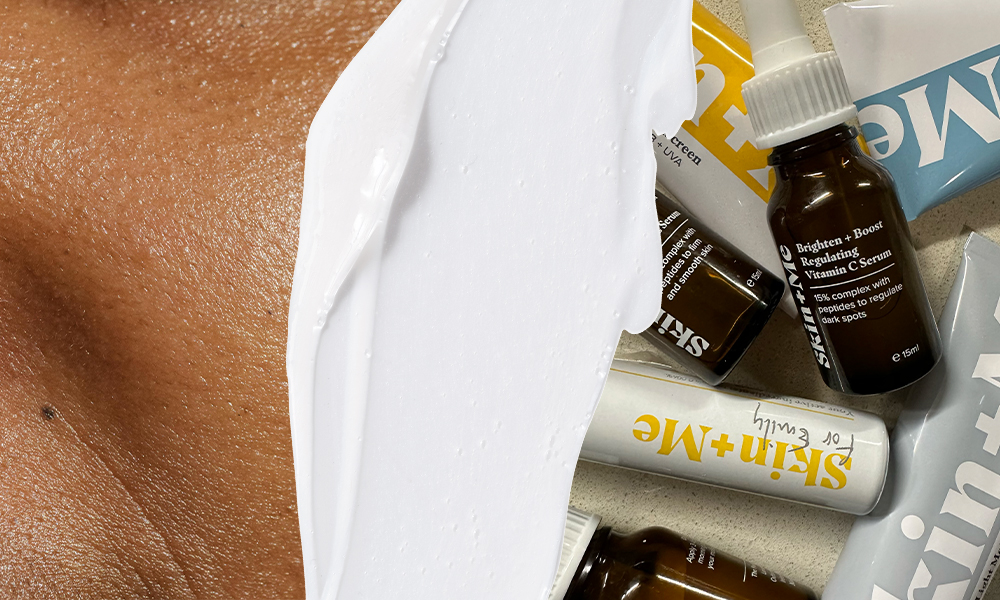What Is Single-Dose Skincare?

Link to share article here:
Myth Buster: A Dermatologist’s Take On Clean Skincare
Let’s start with the facts. Clean skincare has no legal definition.
Skincare with the label ‘clean’ is sometimes assumed to mean an organic formula, with no synthetic chemicals, preservatives and with a clear expiration date. But really, this isn’t a requirement and as beneficial as clean sounds, there is no real context or meaning behind the term when used to position a product.
Beauty and skincare can be a confusing space. When you’re seeking out new products or looking to treat a skin concern, buzzy industry terminology (even if it has no universal, definitive meaning) can make the difference between what goes on your skin and what stays on the shelf.
Other terms that rise from (or dictate) consumer preference – and occupy a similar skincare grey area – include ‘non-toxic’, ‘all-natural’, ‘detoxing’, ‘plant-based’ and ‘chemical-free’.
Terms like these can be problematic in the sense that they imply anything that isn’t labelled ‘non-toxic’ for example, could be toxic or harmful. That’s why rigorous industry standards are in place. So that – whatever buzzword is on the label – no product on the shelf when used as instructed is actually toxic.
In an effort to cut through misinformation and make things as transparent as possible, we checked in with Consultant Dermatologist, Dr Malvina Cunningham for her expert take on clean skincare and related industry buzzwords.
Skin + Me: We’ve been seeing a growth in clean skincare and beauty products across all categories, on the shelves and on social media. What does clean skincare really mean?
Dr Malvina Cunningham: Clean skincare is the concept that ingredients found in beauty products are either clean (ergo, desirable) or dirty. Simply that they’re either bad for your health and the environment or that they are good (or not harmful).
Evaluating your products before you use them to make sure they’re suitable for your skin, that they achieve what you want them to do from a scientific standpoint and that they’re safe to use (eg. if you’re pregnant or have a medical condition), is important.
The problem with the terms ‘clean skincare’ or ‘clean beauty’ is that they categorise ingredients into good or bad without taking into account the properties of the ingredients. The properties might include the product the ingredients are in, the concentration of those ingredients, how you’re using the product and more.
Sometimes the evidence that clean skincare claims are based on is poor or evidence is used without basing it on any scientific studies at all. The term isn’t regulated.
This means that some perfectly safe and good skincare ingredients have been labelled as ‘bad’ for no reason, despite there being regulations on the safety and concentration of ingredients in products.
Skin + Me: Right, so there are regulations on the safety and concentration of ingredients in products to prevent harmful ingredients (or harmful combinations/concentrations of ingredients) being found on the shelf. We’ll call out clean skincare as a marketing term without much real meaning then.
Why are chemicals in skincare given a bad reputation? Is this scaremongering when even natural sources can be chemical?
Dr Malvina Cunningham: The word ‘chemical’ when used in the pejorative is just another way of implying here that something is inherently dirty or bad for you.
“The definition of chemical is any substance that is made by a chemical process – which is (spoiler alert!) basically everything.”
Skin + Me: Do you think the beauty and skincare industry needs better regulation in terms of the language they use? Is it just up to the consumer to educate themselves?
Dr Malvina Cunningham: The skincare and beauty industry is confusing to the consumer. Just as the food industry is starting to make changes on labelling, it’d be useful to have more transparency in the beauty industry.
It’d also be good to be more transparent about the research that’s behind particular products. This research is often huge and incredibly detailed. It includes safety reviews especially as the medical profession is telling people to choose evidence-based products.
Skin + Me: It’s easy to forget how many tests a product has to pass in the development stage before it even makes its way onto the shelf. And that’s before we look at the claims on the labels and on social media.
What advice would you give as the most simple way to navigate all the confusing marketing terms consumers are bombarded with everyday?
Dr Malvina Cunningham: I don’t think there is a simple way. There are so many ingredients and formulations – that’s a science in itself.
The main thing is to trust the experts [see our impartial Dermatologist-recommended product pages] and be guided by them. Choose established products from reputable brands with genuine science-based evidence behind them.
‘Clean’ skincare takeaways
- Remember, products or routines labelled as clean skincare aren’t inherently good or bad. It’s how some brands may differentiate themselves in a crowded market. But the term can be misleading. Clean skincare has no legal definition.
- It’s all about context and education. Know that trends change and unregulated marketing buzzwords will always reflect this.
- If possible, check the ingredients list yourself. What are you looking to treat? Does the product serve this purpose and deliver scientifically-backed results?
- Packaging reflects company ethos – is the product non-wasteful, recyclable? This is another way to think about clean skincare.
- Rest assured that the UK beauty and skincare industry is regulated in terms of the safety of products, if used as instructed.
Medical facts checked by Consultant Dermatologist, Dr Malvina Cunningham.
New to Skin + Me? Get your first month of personalised skincare for £4.99 with promo code DOSE – complete our quick consultation here.
Looking for a routine refresh? Add the Dream Routine to your Skin + Me subscription.
In need of a restock? Head to The Skincare Shop for one-off purchases of your Routine Essentials.



